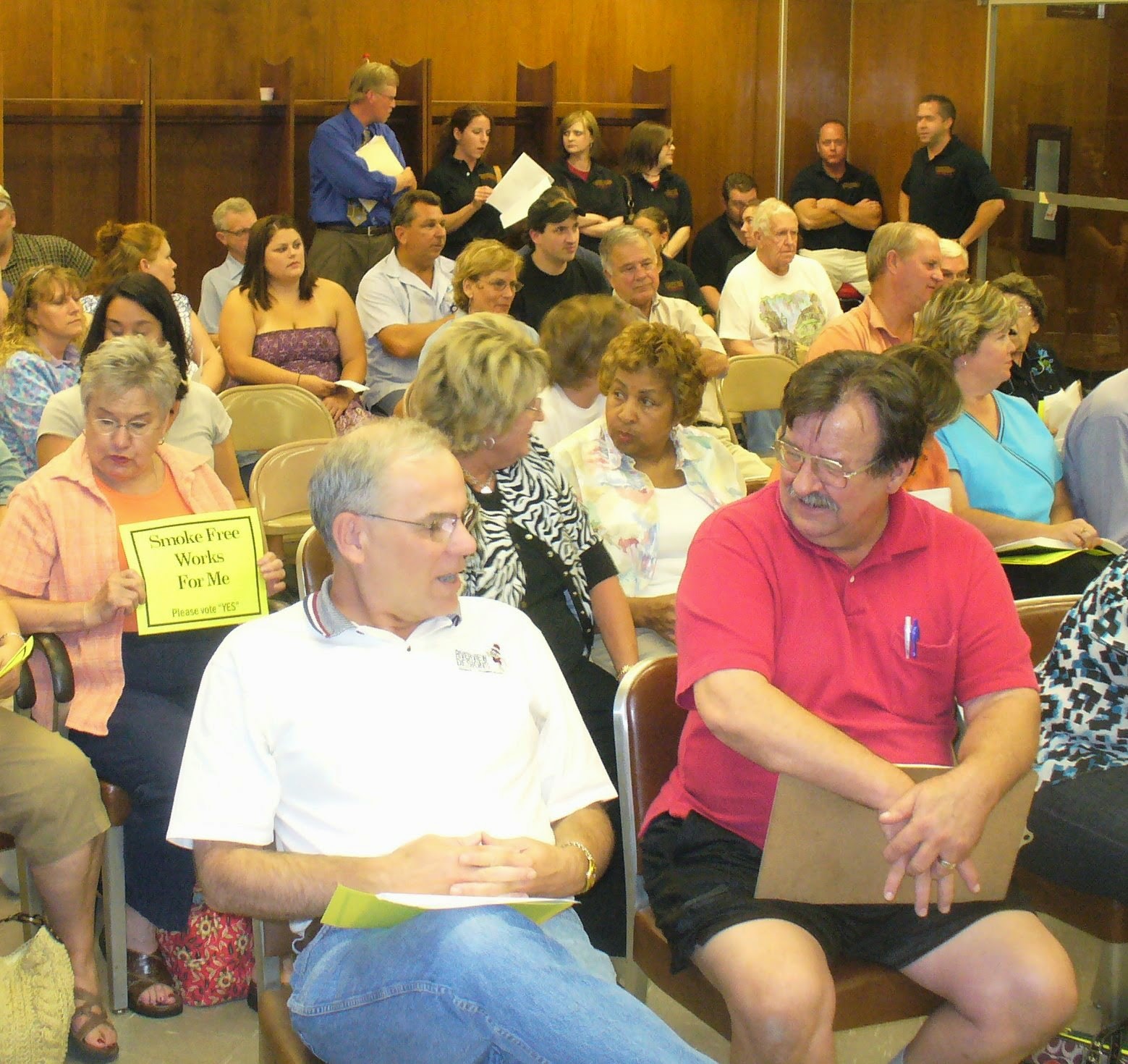
In the ideal world, resistance to injustice would take the form of risk-free interaction in a calm, sane atmosphere. But this isn’t the ideal world.
What We All Owe to Gay Liberation, by Emily Douglas and The Nation
Stonewall shows us what fighting back looked like in an era when state power was hostile.
Fifty years ago this June, a routine part of life for gay men, lesbians, bisexuals, and transgender people suddenly became intolerable. Rather than scatter or submit to a police raid on the Stonewall Inn, a gay bar in New York City’s West Village, LGBTQ people fought back, resisting arrest and attacking police officers.
The Stonewall riots took place in the context of a nation in upheaval, with other movements, including the anti-war and Black Power movements, increasingly embracing a spirit of militancy and radicalism. Stonewall was not, as it’s often imagined, the very first moment that LGBTQ people asserted their right to exist; organizations seeking rights for gays and lesbians had been around since at least the 1950s, and there were other, smaller riots in response to police raids on gay bars in New York City and elsewhere in previous months. But that rioting and rebellion across six nights inspired a new audacity in the fight for gay rights.
The movement kindled by the Stonewall uprising urged queer people, “Come out! Come out!” The great personal courage exhibited by LGBTQ people—some activists, many not—fueled a profound shift in culture. Along with feminism, gay liberation is to thank for broadening notions of what women and men can be, for decoupling gender and sex, for developing visions of partnership freed from the straitjacket of predetermined gender roles and of family unbound by biological and legal ties. The movement put forward more expansive ideas about desire and pleasure and, in so doing, made it more possible for everyone, queer or not, to seek love and joy in ways more true to themselves …











